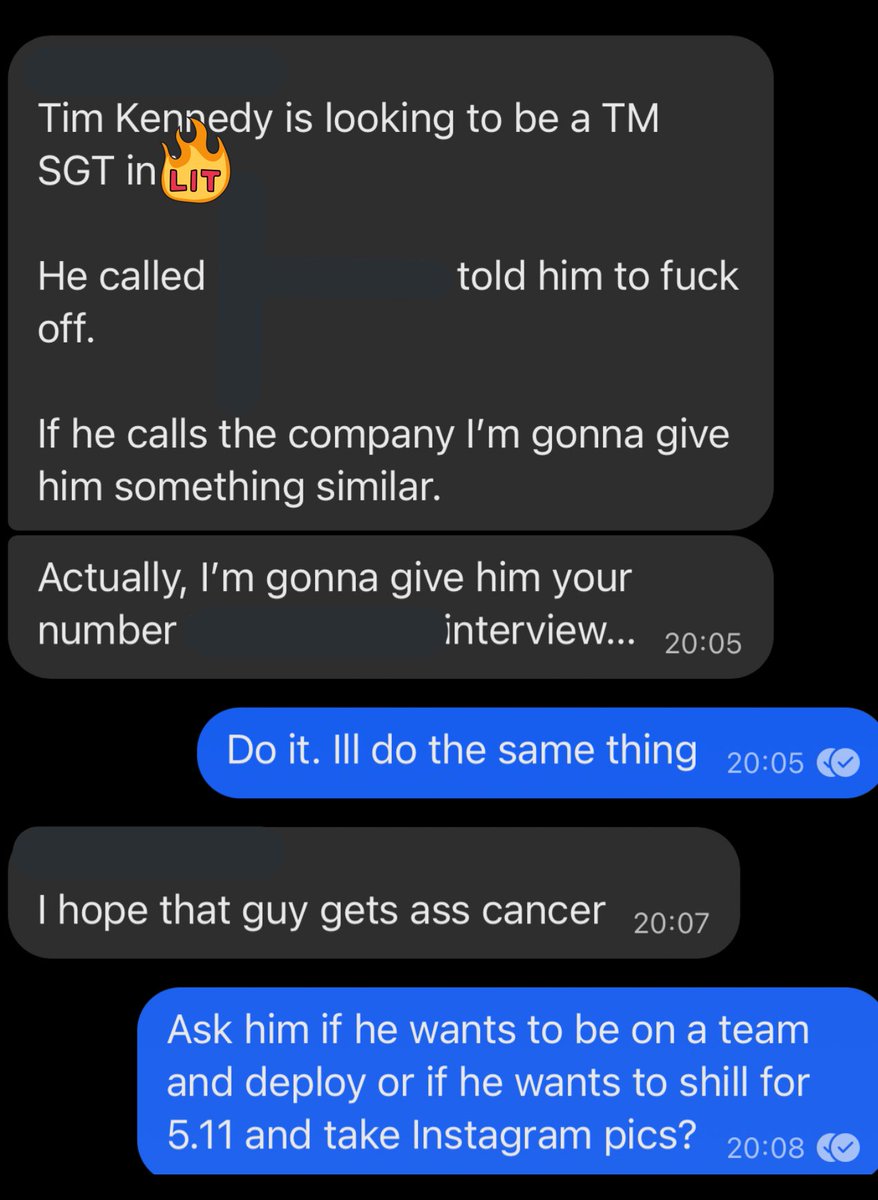

And this began to be expressed in the fact that UC Rusal began to allow itself such things that, let’s say, the company did not allow itself under the founder: refusal of certain obligations, a certain inconsistency, and so on. And the consequence, albeit complicated and difficult to perceive–but there it was. There was no one there to talk to after he left. And I see this just by my own concrete experience. And in 2018, when he resigned from the leadership of UC Rusal, it weakened UC Rusal. And it is widely known that with Oleg Deripaska we have different approaches to business processes. I have already said that the erosion of strong management in our country is a negative trend that we must fight against. As for the dialogue with UC Rusal, then, you know, again, as they say, it’s a long story. I think it will be in the interests of all the shareholders. It is time to move to normal corporate governance from 2023, which we plan to move to. “I believe”, Potanin said after discussing several other topics,

5 jump chump full#
The full text of what Potanin told RBC has not been quoted in the western press. On July 4, Potanin revealed in a videotaped interview with Moscow business medium RBC he is likely to have paid for: “we have received a proposal from the management of Rusal to discuss the merger with Norilsk Nickel as an alternative to extending the shareholder agreement …I sent a letter in which I confirmed our agreement to start the process of discussing a merger with Rusal.” He also said the deal would create “ a national champion”. And for Deripaska’s Mrs Potanin divorce ploy of 2015, read this. For the Putin’s nyet in 2010, click again. To follow the history of the Deripaska raids, click to read the 2008 chapter here and here. These wartime stakes and the secrecy also mean that for the first time in the twenty-six years of Russian oligarch history, nothing published in the western press can be true–least of all, the New York propaganda agencies Reuters, Bloomberg, and Wall Street Journal, and the Japanese mouth organ in London, Financial Times. So is the fight to persuade him to say yes or no. Whether Putin has made up his mind this time, and what he will decide remain secret. That the Rusal-Nornickel merger is a much greater test of the war economy plan than the Central Bank’s rouble and interest rate policies, or the government’s capital export controls is also no secret. That the president is the one to decide again is too obvious to be a state secret now. The last three times Deripaska tried a hostile takeover against Potanin–in 2008, 2010, and 2015–Putin refused to allow it. Last Monday they both knew that what Potanin said would immediately boost Rusal’s share price and damage Norilsk Nickel’s, and that is what happened, making the merger proposal appear to be Deripaska’s initiative, not Potanin’s. Potanin may have intended to sandbag Deripaska before the latter expected it. The spokesmen for their companies are saying nothing on the record. For the time being Deripaska has said nothing. Potanin spoke first he has detested Deripaska in the past.
5 jump chump trial#
So when the aluminium oligarch Oleg Deripaska ( lead images, left left, right left) and the nickel oligarch Vladimir Potanin ( left right, right left) appeared to agree to announce publicly on July 4 that they are negotiating a merger of their companies Rusal and Norilsk Nickel (Nornickel) into a single national mining and metals champion, they may be telling the truth or they may be running a disinformation operation against each other or they may be flying a trial balloon over the Kremlin to see what President Vladimir Putin will decide. Original interview and RBC report in Russian.


 0 kommentar(er)
0 kommentar(er)
